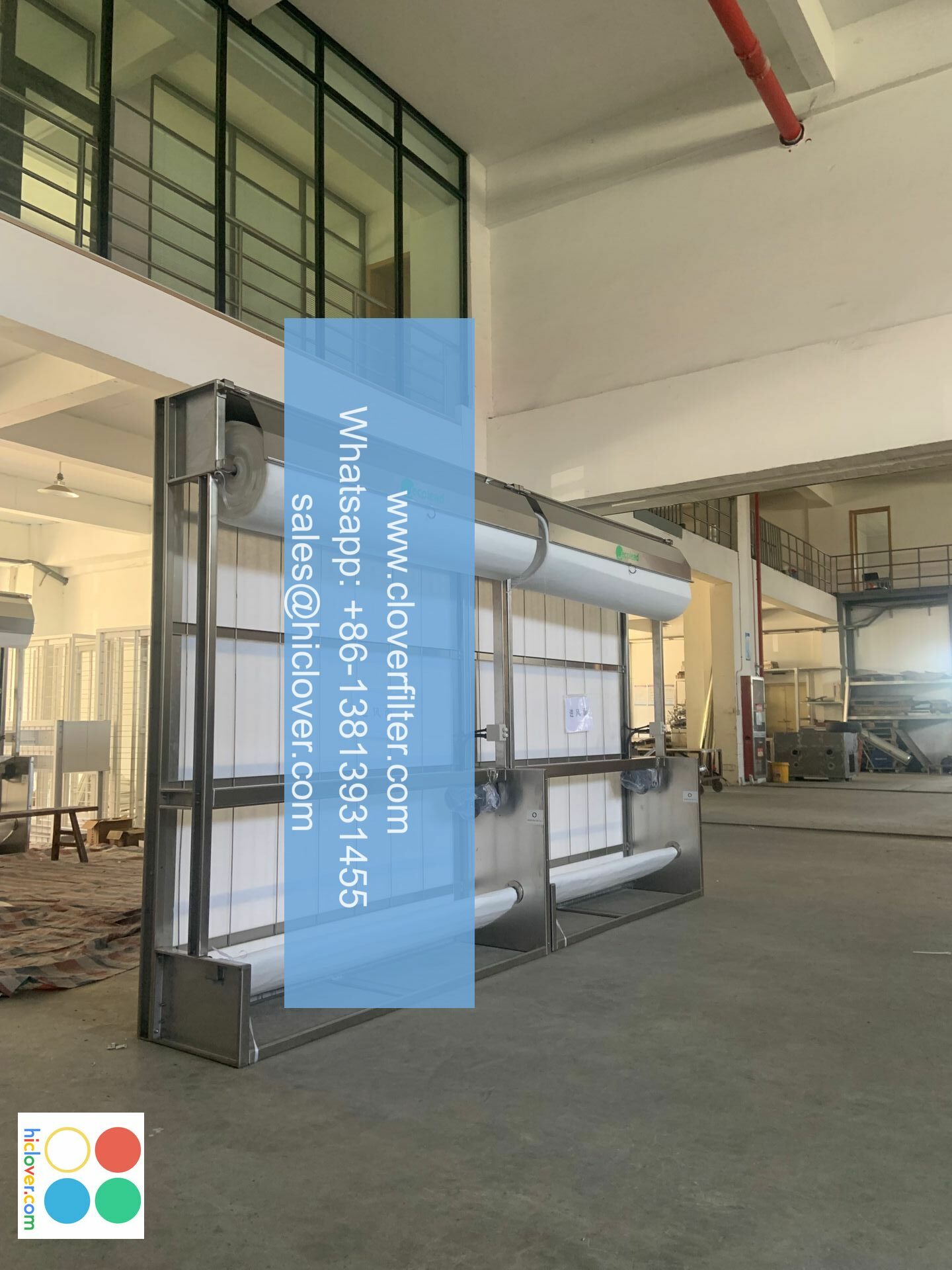The Pros and Cons of Using a Activated Carbon Air Filter

Introduction to Activated Carbon Air Filters
Activated carbon air filters are highly efficient and reliable solutions for improving indoor air quality. These filters use activated carbon technology to capture and eliminate harmful pollutants, toxic gases, and unpleasant odors from the air. In this article, we will explore the advantages and disadvantages of using an activated carbon air filter, highlighting their various application areas and key benefits.
Pros of Activated Carbon Air Filters
The benefits of using an activated carbon air filter are numerous. Some of the key advantages include:
* Improved Indoor Air Quality: Activated carbon air filters are highly effective at removing particulate matter, volatile organic compounds (VOCs), and other airborne pollutants that can exacerbate respiratory issues and allergies.
* Odor Removal: Activated carbon air filters are excellent at eliminating unpleasant odors and smells from the air, leaving your home or office smelling fresh and clean.
* Chemical Removal: These filters can remove harmful chemicals and toxic gases from the air, including formaldehyde, benzene, and other pollutants that can pose health risks.
* Low Maintenance: Activated carbon air filters are relatively low maintenance, requiring only periodic replacement to ensure optimal performance.
Cons of Activated Carbon Air Filters
While activated carbon air filters have many benefits, there are also some drawbacks to consider:
* Initial Cost: Activated carbon air filters can be more expensive than other types of air filters, especially high-quality models.
* Replacement Costs: The activated carbon in these filters can become saturated over time, requiring regular replacement to maintain effectiveness.
* Limited Effectiveness: Activated carbon air filters may not be as effective against certain types of pollutants, such as particulate matter or microorganisms.
Application Areas for Activated Carbon Air Filters
Activated carbon air filters have a wide range of application areas, including:
* Residential Use: Improving indoor air quality in homes and apartments.
* Commercial Use: Enhancing air quality in offices, restaurants, and other commercial spaces.
* Industrial Use: Removing pollutants and chemicals from the air in industrial settings, such as manufacturing facilities and warehouses.
* Medical Use: Providing clean air for patients and medical staff in hospitals and clinics.
Conclusion
In conclusion, activated carbon air filters are a highly effective solution for improving indoor air quality. While they have some drawbacks, the benefits of using an activated carbon air filter far outweigh the costs. By understanding the pros and cons of these filters and their various application areas, you can make an informed decision about whether an activated carbon air filter is right for your needs. Whether you’re looking to improve air quality in your home, office, or industrial setting, an activated carbon air filter is definitely worth considering. It looks like you’re ready to start a conversation, but you haven’t given me a specific prompt to respond to yet. Could you please provide more details or specify what you would like to talk about? I’m here to help with any questions or topics you have in mind!

